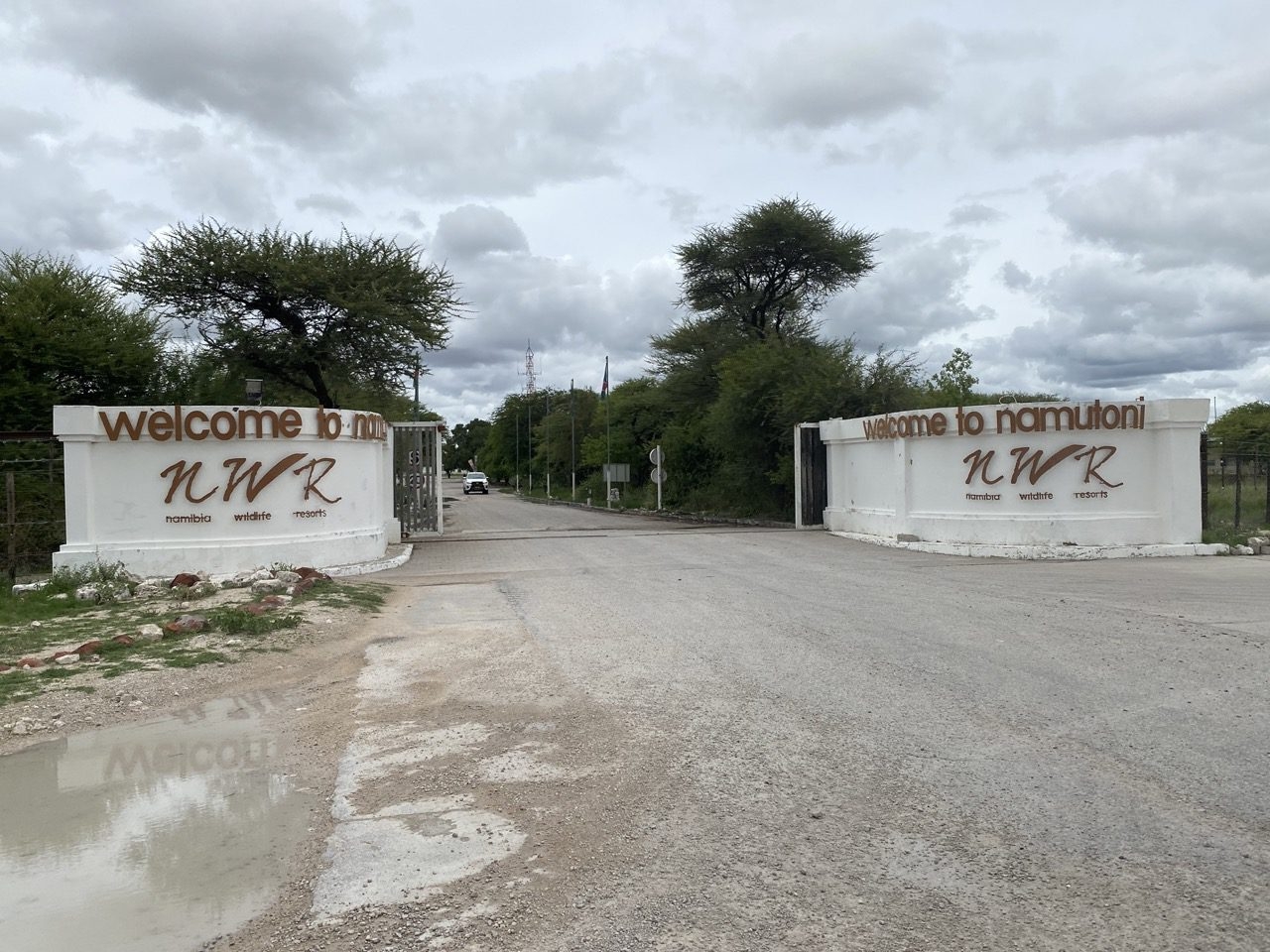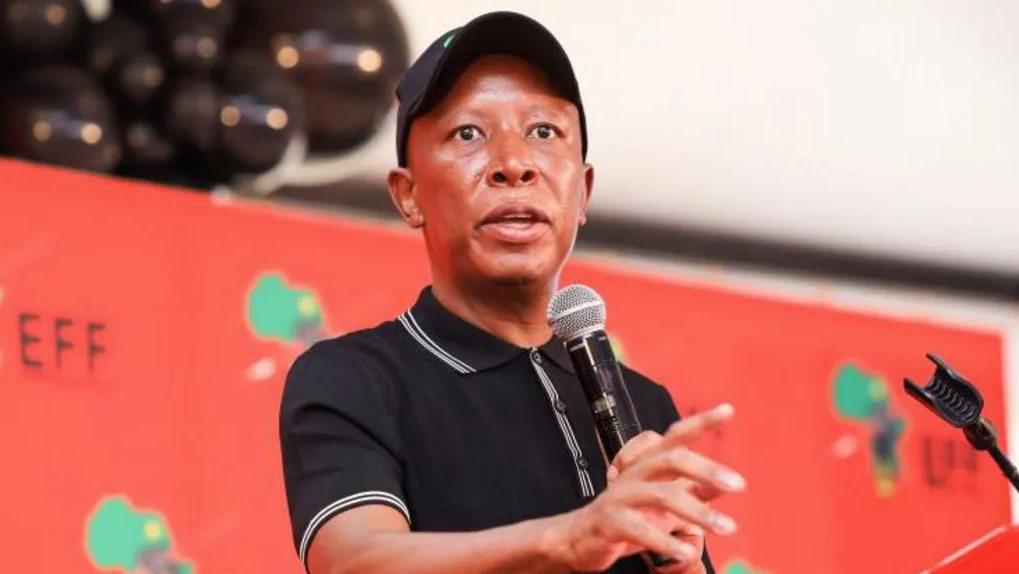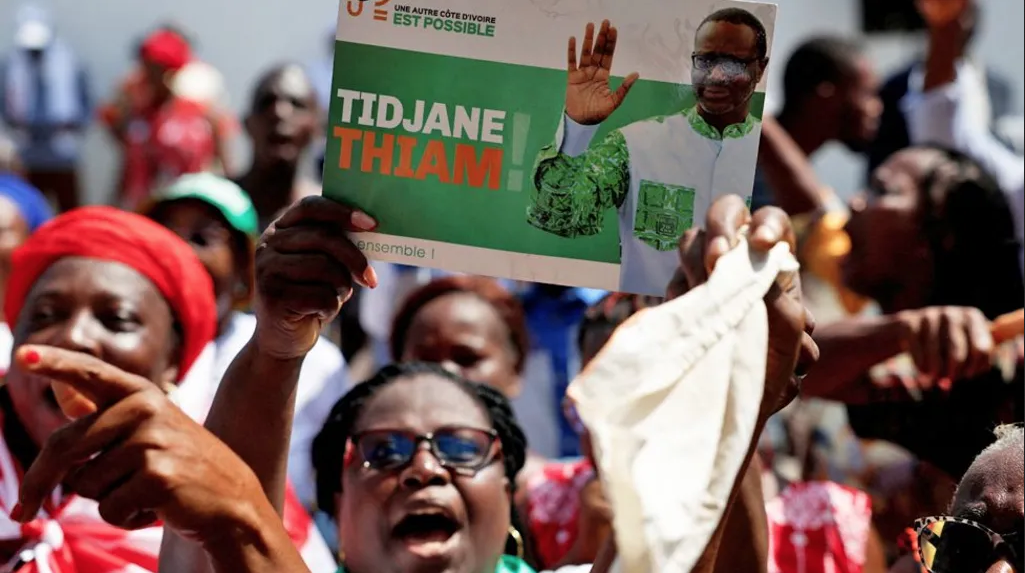NAMIBIA is happy that the UN body charged with monitoring trade in endangered species has approved China’s plea to buy more than 100 tons of elephant ivory from four Southern African countries, the Director of Scientific Services in the Ministry of Environment told The Namibian yesterday.
Dr Fanuel Demas said because there are now two countries – Japan and China – to which Namibia, South Africa, Botswana and Zimbabwe can auction their ivory, this will give the four countries options to go for the price of their choice. Demas said China was approved on Tuesday to trade in ivory but under strict conditions.”We are all happy as the two countries will compete in terms of price,” Demas told The Namibian from Geneva, Switzerland, where the 57th Standing Committee meeting of the UN Convention on International Trade in Endangered Species (Cites) started on Monday.He said was it was now up to the four countries to individually engage in discussions with Japan and China on when they want to sell their ivory.Demas, Environment Permanent Secretary Dr Kalumbi Shangula and conservation scientist Elly Hamunyela are representing Namibia at the meeting, which ends today.Cites said it was satisfied with Cbina’s ivory controls and markets.The 14th Cites Conference of Parties held in the Netherlands last year permitted Namibia, Botswana, South Africa and Zimbabwe to make a single sale of all government-owned stocks of ivory that had been registered by January 30.Namibia was permitted to sell nine tonnes of ivory, Botswana 44 tonnes, South Africa 51 tonnes and Zimbabwe four tonnes.But after the sale, the countries will not be allowed to export ivory again for nine years.Between March and April this year, the Cites Secretariat visited the four SADC states and verified that the declared ivory stocks had been properly registered and that they were of legal origin.Some environmental and trade organisations such as the Environmental Investigation Agency (EIA) are trying to prevent China from getting permission to trade in ivory.The EIA argues that China lacks control of its ivory and that allowing it to import more ivory legally would only lead to additional slaughter of elephants and greater illegal ivory smuggling.Elephant ivory is a booming black-market commodity, with tusks, jewellery and trinkets bringing in millions of dollars for smugglers and sellers after trade was banned by Cites in 1989.Under the latest decision, China will be expected to help its African partners in law enforcement and conservation of African elephants.The Asian country will also have to demonstrate adequate control measures to ensure that ivory can be tracked and remains within domestic markets.Demas said China was approved on Tuesday to trade in ivory but under strict conditions.”We are all happy as the two countries will compete in terms of price,” Demas told The Namibian from Geneva, Switzerland, where the 57th Standing Committee meeting of the UN Convention on International Trade in Endangered Species (Cites) started on Monday.He said was it was now up to the four countries to individually engage in discussions with Japan and China on when they want to sell their ivory.Demas, Environment Permanent Secretary Dr Kalumbi Shangula and conservation scientist Elly Hamunyela are representing Namibia at the meeting, which ends today.Cites said it was satisfied with Cbina’s ivory controls and markets.The 14th Cites Conference of Parties held in the Netherlands last year permitted Namibia, Botswana, South Africa and Zimbabwe to make a single sale of all government-owned stocks of ivory that had been registered by January 30.Namibia was permitted to sell nine tonnes of ivory, Botswana 44 tonnes, South Africa 51 tonnes and Zimbabwe four tonnes.But after the sale, the countries will not be allowed to export ivory again for nine years.Between March and April this year, the Cites Secretariat visited the four SADC states and verified that the declared ivory stocks had been properly registered and that they were of legal origin.Some environmental and trade organisations such as the Environmental Investigation Agency (EIA) are trying to prevent China from getting permission to trade in ivory.The EIA argues that China lacks control of its ivory and that allowing it to import more ivory legally would only lead to additional slaughter of elephants and greater illegal ivory smuggling.Elephant ivory is a booming black-market commodity, with tusks, jewellery and trinkets bringing in millions of dollars for smugglers and sellers after trade was banned by Cites in 1989.Under the latest decision, China will be expected to help its African partners in law enforcement and conservation of African elephants.The Asian country will also have to demonstrate adequate control measures to ensure that ivory can be tracked and remains within domestic markets.
Stay informed with The Namibian – your source for credible journalism. Get in-depth reporting and opinions for
only N$85 a month. Invest in journalism, invest in democracy –
Subscribe Now!










